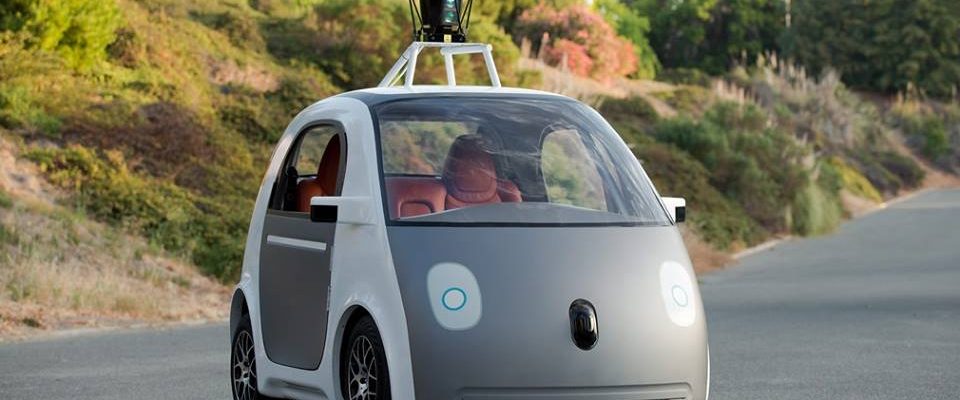How To Become More Self-Sufficient Without Starting a Full-Blown Farm…
Want to start preserving your harvest, making your own soap, or building a backyard root cellar — but not sure where to begin? “Homesteading Advice” gives you instant lifetime access to 35+ practical homesteading books on food preservation, veggie gardening, DIY natural cleaning products (save over $250 per year with this skill alone), brewing, off-grid energy, and a whole lot more…
Click Here To Check It Out Now!
In early May, Anti-Media reported on a new study published by a Stanford professor claiming vehicle ownership will drop 80 percent by 2030. That study, as The Telegraph wrote this week, has been making the rounds in environmental circles and in the board rooms of companies with a stake in the fossil fuel game.
But as more analysts are digging through this exhaustive new study, they’re finding that some of the predictions made by economist Tony Seba are far more profound than originally thought. In his report, Rethinking Transportation 2020-2030, Seba is actually predicting that virtually all fossil fuel vehicles will have vanished within eight years.
The reason for this, as he explains in thorough detail, is that the market for self-driving electric vehicles (EVs) is simply growing too fast.
“What the cost curve says is that by 2025 all new vehicles will be electric, all new buses, all new cars, all new tractors, all new vans, anything that moves on wheels will be electric, globally,” Professor Seba writes in his report.
It’s a matter of economics and innovation, Seba says. EVs are cheaper and easier to manufacture, their few moving parts require almost zero maintenance, and they can actually outperform their fossil fuel guzzling counterparts.
“The electric drive-train is so much more powerful,” writes Seba. “The gasoline and diesel cars cannot possibly compete.”
The professor says the only thing currently stopping this grand shift to electric is consumer price. Seba says the “tipping point” will come in the next few years when the cost of an EV will be down to around $30,000. But by 2022, when low-end models are $20,000, the changing tide will be unstoppable.
In the near future, only nostalgics like car collectors will have a use for the old models, Seba predicts. It will gradually become harder to find gas stations or mechanics who know the intricacies of the far more complicated machines. Car dealerships will be gone by 2024 because everyone will be shooting around town in self-driving EVs.
Seba expects that eventually, city governments will begin banning human drivers because data will have shown how much more dangerous they are than the computer systems’ operating EVs. This will lead to a “mass stranding of existing vehicles.”
For these reasons, as well myriad others stipulated in Seba’s report, the economist is predicting a twin “death spiral” for traditional automakers and oil companies in the near future (via AntiMedia).
If you like this idea, be sure to share it with your friends and inspire someone you know. Anything becomes possible with just a little inspiration…

